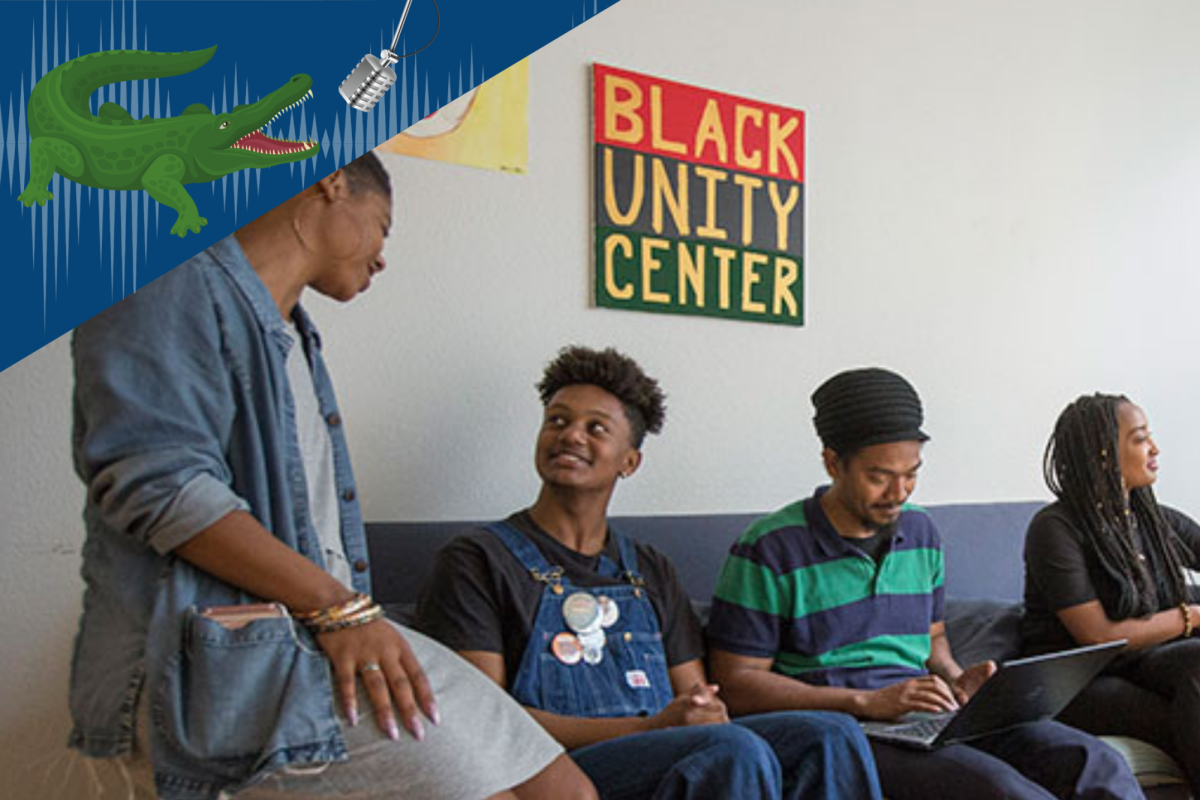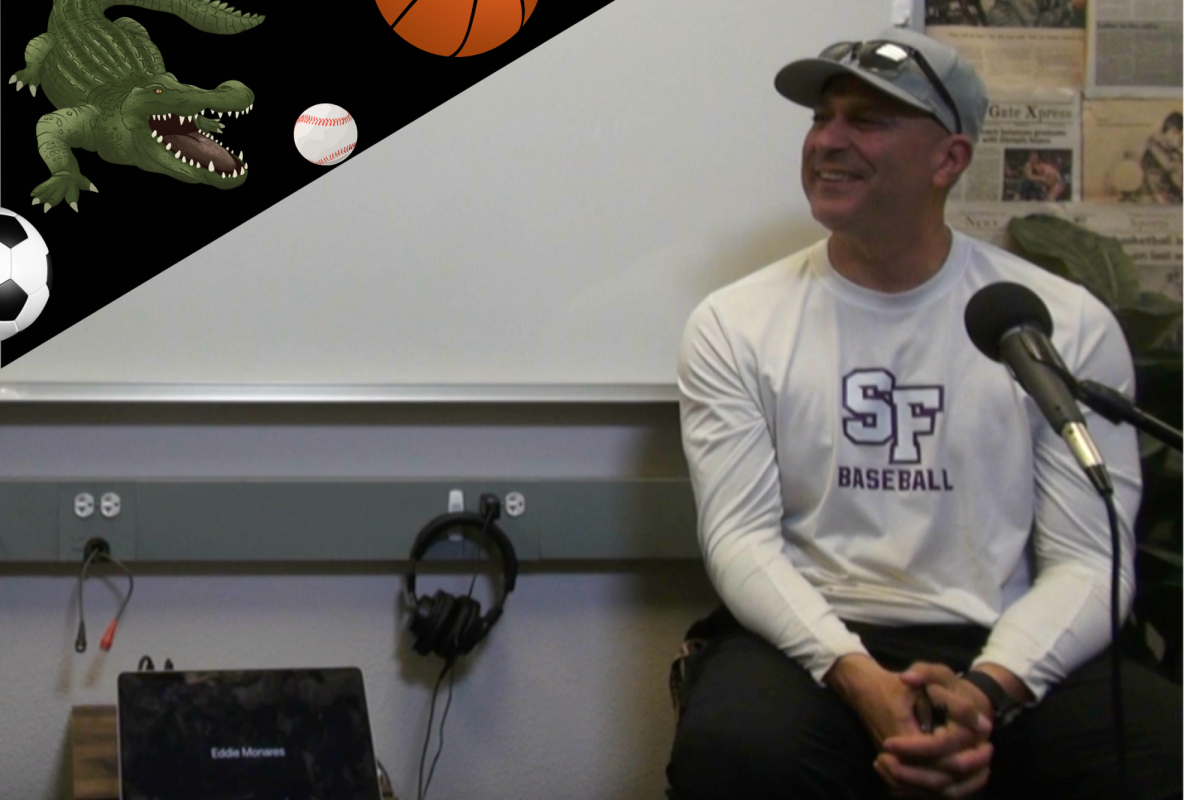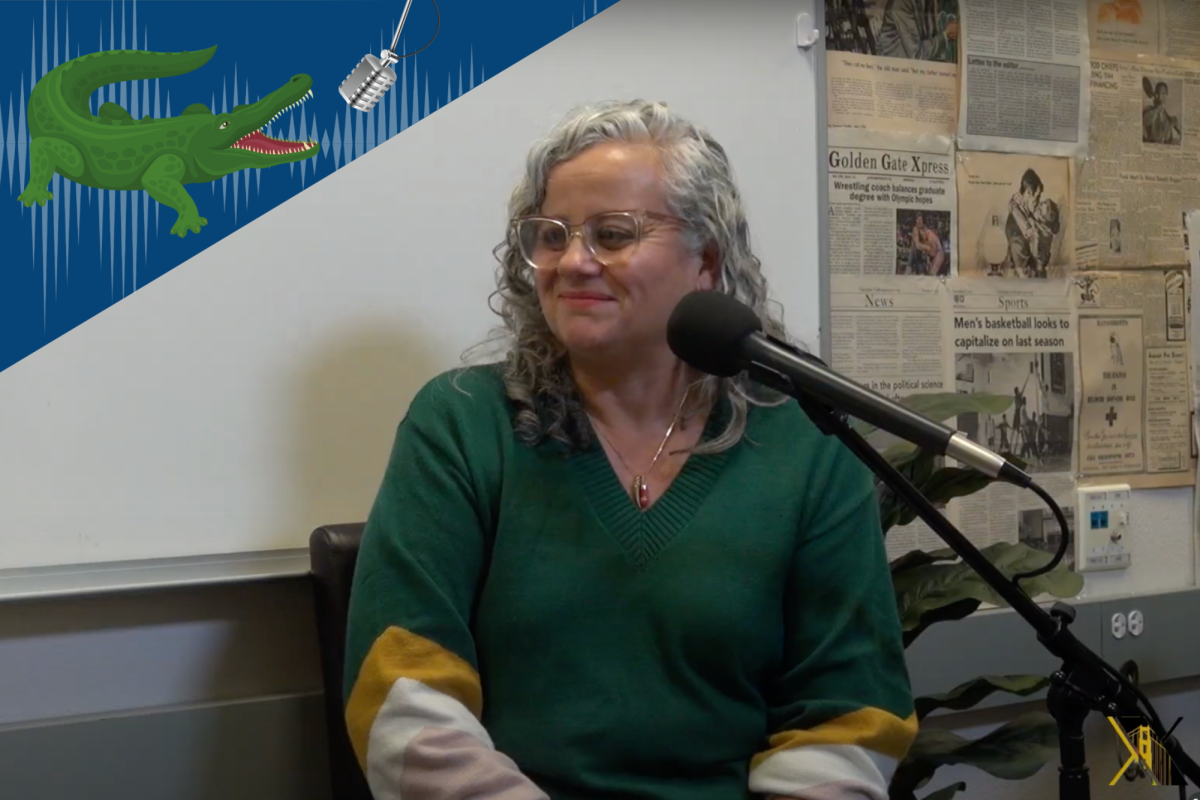Recent USF Finance graduate Emily Burton is staying ahead of her student debt — but it isn’t through any methods she learned in her major.
In fact, she would have had better luck picking up information on her route to a biology classroom. Egg donation isn’t for everyone, but for Burton it is a viable solution to get her loans under control.
“Until I get out of student-loan debt I can’t relax,” Burton said about the motive behind her untraditional path.
The cost of “relaxing” was steep. Burton underwent rigorous testing to determine if she was a candidate — during which two companies dropped her after learning her aunt was autistic — before settling on Spring Fertility, a private fertility center in San Francisco credited for their personable and attentive approach.
“I had so much blood taken, I almost passed out,” she said of the initial steps of the process.
After Burton traversed through the first round she was placed on the donor registry, where she waited one year before being matched with a couple, who opted to keep the relationship completely anonymous — two prior matches backed out due to financial reasons.

Once she got the green light, Burton took two weeks of birth control, followed by two weeks of hormone injections two to three times per day — which results in three to five pounds of bloating — and attended daily appointments leading up to the big day — the surgical procedure.
Burton was prescribed one day of rest after going under the knife, but she needed additional days to recover due to her physically-demanding serving job at San Francisco’s Tartine Manufactory.
“They ended up extracting 19 eggs, which is the most I have ever heard of. So, the cool thing about that is that [the couple] has probably already tried to do one implant. Now they can try multiple times, since [the egg recipient] has probably already tried to have kids already,” Burton said. “I am excited that people can become parents with my genes.”
The American Society of Reproductive Medicine, a leading force in reproductive information, recommends donors to be between the ages of 21 and 34, as a female’s fertility begins to decline around 35.
Diane Tober, a medical anthropologist and documentary filmmaker of “The Perfect Donor,” has conducted her own study as to why women donate their eggs, health implications and their overall thoughts before and after the donation.
Based on her research, Tober explains that a majority of women who donate their eggs have not really started their careers. Out of the women in her study, ranging from ages 18 to 28, the money they make from donating their eggs will go towards student loans, tuition and other student loans.
“There is sort of this notion out there that the younger the egg, the better the quality,” said Tober. “Young women are also sort of the prime target audience because they need money… From the recruitment side, they’re golden.”
The payout was $10,000 delivered to Burton via check three days later. Approximately half of which will be allocated to paying off her final summer course at USF.
However, even with 19 eggs lighter, Burton still doesn’t have enough money to walk away completely debt-free — a problem that many recent graduates will have to face. According to Business Insider, the average college graduate nationwide carries $17,126 in student debt.
“Most of my friends have dropped out of SF State due to crippling student debt and degrading mental illness related to their debt,” said SF State environmental studies senior Scott McDonald, who is a test-tube/in-vitro baby himself. “If donating eggs or sperm could relieve the stress of debt, then I would suggest going through with it.”
In the 2017-2018 year, theestimated tuition for in-state SF State students was pinpointed at $7,254 with an additional $1,948 tacked on for book and supplies, according to the National Center for Education Statistics.
SF State history major alumna Alex Czech, who has chosen to delay her education until she can start paying back some of her loans, would consider donating her eggs if it came down to it, but she also acknowledges the complexity of the issue.
“On one hand, donating eggs or sperm can be extremely beneficial to people,” said Czech. “On the other hand, it feels wrong that students have to resort to this to help them pay off student debt. Especially considering how invasive the process can be for women.”
While people like Czech understand the benefits of donating eggs, others aren’t persuaded. Burton’s aunt thinks the idea of a person donating their genes to someone else is equivalent to giving away a child. Burton also experienced the same disapproval from other people.
“I get backlash from people who can’t have kids who think I am putting myself at risk. That’s the biggest thing I have experienced,” said Burton. “But then I also get like, “‘Oh that’s so beautiful’ and ‘That’s so cool’.”
Burton suggests that other women who are considering the procedure ensure they have a thorough understanding of the process, are in the right mindset and doing it for the right reasons.
“The thing about egg donation is that people go into it blindly and think it’s going to be a quick solution to a temporary problem of financial insecurity,” said Tober. “That is really not the best way to go into it because that financial insecurity could push you to make decisions that you might otherwise not make.”
Now that Burton knows that her body can handle the procedure, she’s considering donating again and already has another couple interested. As a second-time donor, she won’t have to repeat the physical and psychological evaluations and will be able to donate again in six months.








Kate • May 2, 2018 at 10:39 am
I was conceived using donor sperm and consider the man who sold his sperm to be my father. I understand that infertile couple are grateful to receive the HELp, but I doubt that many of them realize that it creates a trauma for the child created. I still grieve the fact that my father was willing to sell his rights to know and love me in order to pay a bill. That will never stop hurting!!
Fortunately I was able to track my donor father down using Ancestry DNA cousin matches and I now have a relationship with him. I’m grateful that I get to catch up some on all those years I missed knowing him.
Angela Firpo • Apr 26, 2018 at 12:13 pm
amazing story!!!!!